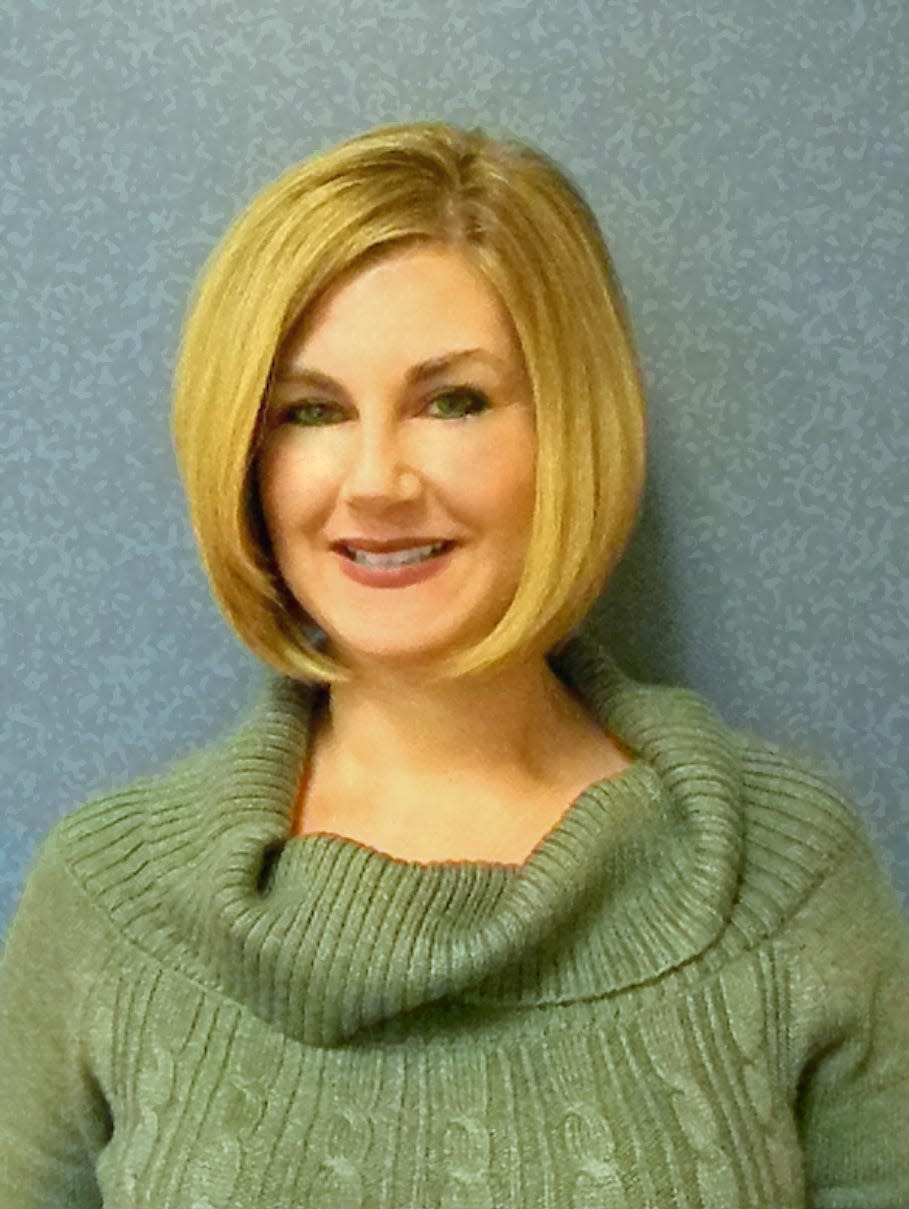One Senior Place: Guardianship for seniors should be avoided unless absolutely necessary
Support local journalism. A digital subscription is incredibly affordable and makes you the most informed person around. Click here and subscribe today.
Q: How can I obtain guardianship for my mom with dementia?
A: Guardianship has been in the spotlight in recent years, specifically after an Orlando professional guardian was brought to trial.
In 2021, Netflix released the movie, "I Care a Lot," about the ruthless guardian who preyed on the weak and met her match in Dianne Wiest.
The high profile case demonstrated the serious drawbacks to guardianship. Because it involves the loss of self-determination, most attorneys advise against guardianship — unless absolutely necessary.
Previous One Senior Place columns:
Be prepared: Advanced Directives known as 'The Five Wishes' lay out death directions
Keep it clean: Spring cleaning isn't just about our homes. It's about our health, too.
Start planning: One Senior Place: Long-term care is expensive and it's seniors need to plan for

Guardianship is the legal process whereby a competent adult — a spouse, family member, or even a friend — becomes the decision maker for an incapacitated person. This process differs from the guardianship for a minor child, which usually ends when the child becomes an adult.
Adult guardianship requires a "capacity" hearing, during which a judge uses medical reports and testimony in court to determine:
The extent of incapacity.
Whether the person seeking guardianship is qualified and responsible.
Importantly, a guardian may be allowed to make all legal, financial and healthcare decisions on behalf of the "ward."
If a suitable relative or friend is not available, the court can appoint a publicly-financed agency or private guardian to serve in this role.
Since this means a stranger could be in complete control of your life, guardianship is considered an option of last resort.
Guardians are accountable to the court for all decisions made and money spent on behalf of their charges.
Even so, guardianship can be appealing for the unscrupulous.
With the help of an Elder Law attorney, there are a few simple steps that any competent adult can take to avoid a guardianship scenario.
Step 1. Draft a Durable Power of Attorney, authorizing an individual to handle specific matters on your behalf.
Step 2. Draft a Living Trust, naming a successor trustee to manage your financial affairs if you lose mental capacity.
Step 3. Draft an advance healthcare directive, naming a surrogate for your healthcare and end-of-life decisions.
Step 4. Draft a pre-need guardian, identifying the person YOU wish to be appointed, should guardianship become necessary.
Above all: Discuss your wishes and all the documents with your family members so they understand your plan and agree to enact their roles accordingly.
Florida has modified the legal powers given to private guardians since the Orlando case.
However, it is easy to see the benefit of planning ahead and naming people you know and trust to assist in your affairs.
Guardianship 101 will be presented April 19 in Viera. You can RSVP online at OneSeniorPlace.com or by calling 321-751-6771.
One Senior Place is a marketplace for resources and provider of information, advice, care and on-site services for seniors and their families. Questions for this column are answered by professionals in nursing, social work, care management and in-home care. Send questions to AskOSP@OneSeniorPlace.com, call 321-751-6771 or visit One Senior Place, The Experts in Aging.
Brenda Lyle is a Certified Care Manager and Certified Dementia Practitioner with One Senior Place, Greater Orlando.
This article originally appeared on Florida Today: Considering guardianship for a relative? Here's what you need to know

